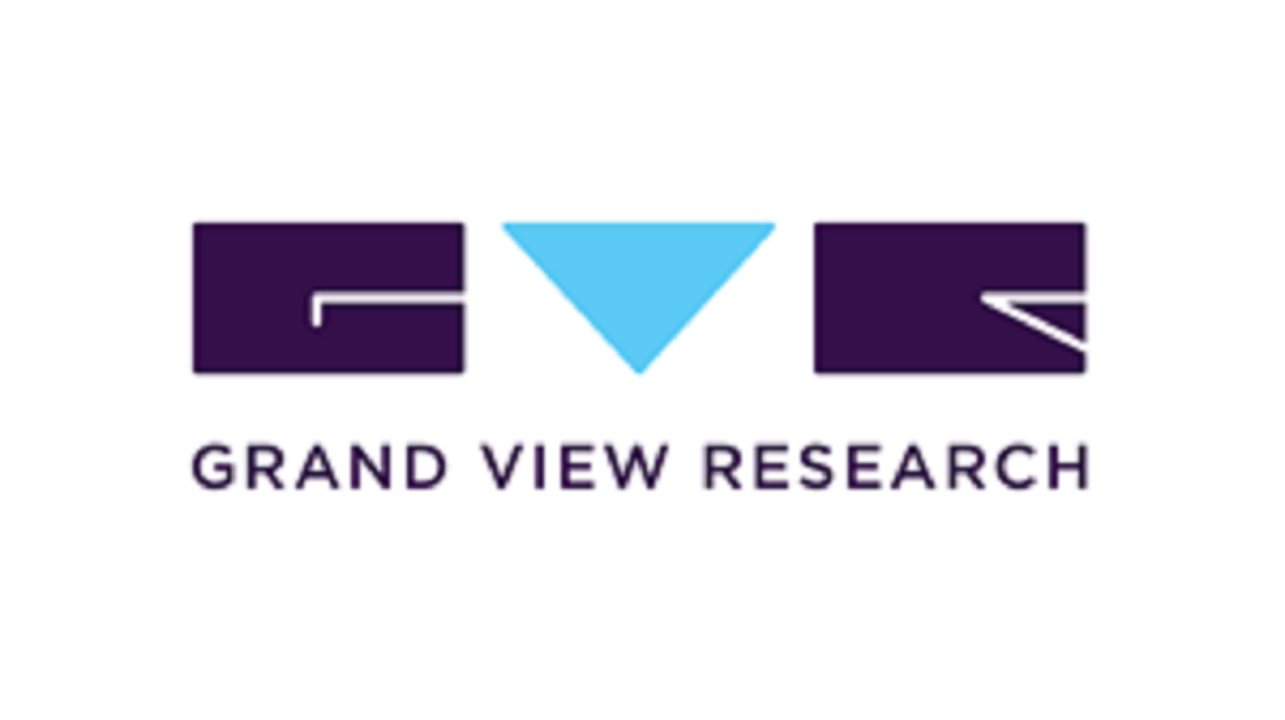The global humidity sensor market size was valued at USD 1.38 billion in 2024 and is projected to reach USD 2.54 billion by 2030, growing at a CAGR of 11.0% from 2025 to 2030. Humidity sensors are capable of measuring moisture levels in the air in real-time with high accuracy, making them essential for a variety of applications across multiple industries.
The rising adoption of humidity sensors in moisture-sensitive applications—including food & beverages, healthcare, textiles, and other sectors—is expected to be a key driver for market growth. Additionally, regulations implemented by governments in developed regions such as North America and Europe have mandated the use of these sensors in industries such as food processing, printing, and textiles to ensure quality and safety. For example, the Food Safety and Standards Authority of India (FSSAI) requires the deployment of humidity sensors in the food and beverage industry, as elevated moisture levels can lead to contamination and compromised product quality. Moreover, the growing demand for contactless sensors, which can be deployed in potentially hazardous environments such as areas exposed to radiation, is further propelling market growth.
In the healthcare sector, continuous improvements in infrastructure have emphasized the importance of advanced sensor technologies to maintain optimal environmental conditions for patient care, equipment storage, and overall facility management. Maintaining proper humidity levels, generally between 30-60%, enhances patient comfort and reduces the risk of respiratory issues, infections, and other health complications. Additionally, humidity sensors are critical for minimizing microbial growth in operating rooms and ensuring sterile conditions during surgeries, which has further contributed to the expansion of the global humidity sensor market.
Key Market Trends & Insights:
• In 2024, the Asia Pacific humidity sensor market held a leading revenue share of 36.1% in the global industry, reflecting the region’s strong industrial growth, technological adoption, and increasing demand for precise environmental monitoring. Within this region, the China humidity sensor market is expected to capture a significant revenue share, driven by the country’s rapid industrialization, expanding automotive and electronics sectors, and growing implementation of regulatory standards for humidity control across industries.
• When segmented by type, the absolute humidity sensors segment accounted for the largest revenue share of 61.3% in 2024, indicating widespread adoption of sensors that provide precise measurements of moisture content in air, which are essential for applications where accurate humidity control is critical.
• By end use, the automotive industry dominated the global market in 2024. The increasing integration of humidity sensors in vehicles for climate control systems, engine performance monitoring, and air quality management has significantly contributed to the growth of this segment. The combination of rising vehicle production, stringent environmental regulations, and consumer demand for enhanced comfort and safety features is expected to sustain the dominance of the automotive sector in the humidity sensor market.
Order a free sample PDF of the Humidity Sensor Market Intelligence Study, published by Grand View Research.
Market Size & Forecast:
• 2024 Market Size: USD 1.38 Billion
• 2030 Projected Market Size: USD 2.54 Billion
• CAGR (2025-2030): 11.0%
• Asia Pacific: Largest market in 2024
Key Companies & Market Share Insights:
Some of the major companies operating in the global humidity sensor market include Honeywell International and Bosch Sensortec, among others. These companies are actively contributing to the market by developing advanced sensor solutions for a variety of industrial, automotive, and consumer applications.
Bosch Sensortec is recognized as a leading global supplier of sensor technology and solutions, with a strong focus on providing advanced sensing and software offerings across multiple applications. The company specializes in the design and manufacturing of MEMS (Micro-Electro-Mechanical Systems) sensors, which are capable of precisely measuring acceleration, rotation, and environmental conditions. In addition, Bosch Sensortec produces a range of environmental sensors, including humidity, pressure, and gas sensors, which are widely used in smart home systems, automotive applications, and industrial settings.
One of its notable products, the BME280 humidity sensor, is capable of measuring relative humidity, barometric pressure, and ambient temperature. This sensor is particularly valued for its low power consumption and suitability for applications such as fitness tracking and environmental monitoring, reflecting the company’s commitment to delivering high-precision, energy-efficient solutions to meet evolving market demands.
Key Players
• Honeywell International Inc.
• B+B Thermo-Technik GmbH
• Sensirion AG
• E+E Elektronik Ges.m.b.H.
• IST AG
• Galltec Mess- und Regeltechnik GmbH
• TE Connectivity
• Bosch Sensortec GmbH
• PCE Deutschland GmbH
• Sensata Technologies, Inc.
• Infineon Technologies AG
Explore Horizon Databook – The world's most expansive market intelligence platform developed by Grand View Research.
Conclusion:
The global humidity sensor market is experiencing significant growth, driven by increasing adoption across various industries such as automotive, healthcare, and food & beverages. Technological advancements, including the development of more accurate and energy-efficient sensors, are further propelling market expansion. Regulatory mandates in developed regions are also contributing to the widespread implementation of humidity sensors to ensure product quality and safety. As industries continue to prioritize environmental control, the demand for humidity sensors is expected to rise, fostering innovation and competition among key market players.


